Turkish security forces took out six more PKK terrorists in northern Iraq, raising the number of terrorists eliminated so far this year to 286, according to the National Defense Ministry.
The terrorists were targeted in the Metina and Gara regions via airstrikes, the ministry said Sunday via X.
“Our heroic Turkish Armed Forces will continue to destroy terrorist hideouts with perseverance and determination,” it added.
Since Jan. 1, 2024, Türkiye has eliminated a total of 286 PKK terrorists who often hide out across the border in northern Iraq and plot terror attacks on its soil, as well as over 390 members of the group’s Syrian affiliate, the YPG, in northern Syria.
Turkish forces “neutralized” at least 40,000 terrorists in total since 2015. The figures include those captured alive or surrendered, as Turkish authorities use the term “neutralized” to refer both to terrorists killed in operations and those injured and arrested.
In its nearly 40-year terror campaign against Türkiye, the PKK – listed as a terrorist organization by Türkiye, the U.S. and the EU – has been responsible for the deaths of more than 40,000 people, including women, children and infants. The YPG is its Syrian affiliate that has occupied a chunk of the country’s northeast since 2015 with military support from the U.S.
The conflict with the PKK was long fought mainly in rural areas of southeastern Türkiye but is now more focused on the mountains of northern Iraq’s semi-autonomous Kurdistan region, where the PKK militants have their headquarters in Qandil. Türkiye has since 2019 conducted a series of cross-border operations in northern Iraq against the PKK, dubbed “Claw,” the latest of which is the ongoing “Claw-Lock.”
Türkiye has upped its airstrikes on PKK targets and warned of a new incursion after the terrorists carried out three attacks on Turkish forces and killed 22 soldiers in the region in the last four months.
The PKK is not designated a terrorist organization in Iraq but is banned from launching operations against Türkiye from Iraqi territory. It nevertheless has a foothold in northern Iraq’s semi-autonomous north controlled by the Kurdistan Regional Government (KRG), where the central Iraqi government has little influence.
Iraq has said Turkish operations violate its sovereignty, but Ankara says it is protecting its borders and that operations are based on its right to self-defense guaranteed by international law and “concerning sovereignty rights and territorial integrity of our neighbors.” The intention is to establish a 30-40-kilometer security corridor to secure its southern borders completely.
Ankara is seeking Baghdad’s cooperation in quelling the last of the terrorist group. In a promising move, Iraq acknowledged the PKK as a security threat to both Türkiye and itself after talks between Turkish and Iraqi foreign ministers in Baghdad early last month.
Ankara also says it is alarmed about the KRG’s logistical or political support of the PKK, which seeks to legitimize its presence through political parties and nongovernmental organizations (NGOs) in northern Iraq.
In rural Sulaymaniyah, the group often intimidates the local population by setting up “checkpoints” and through extortions and kidnappings. Collaboration between the Patriotic Union of Kurdistan (PUK) and the PKK in northern Iraq risks spillover of the terrorist group’s violent campaigns to the wider region.
The PUK, based in Sulaymaniyah, stands accused of giving more freedom of movement both in the city and rural parts of Sulaymaniyah to the PKK. Ankara has since closed off its airspace to flights to the city and halted its own flights. Particularly after 21 Turkish soldiers were killed in Metina, it repeatedly warned of “further measures” if the Sulaymaniyah administration continues to tolerate terrorists.
The two countries are also gearing up for Erdoğan’s visit to Baghdad after the Muslim holy month of Ramadan, further signifying a pivotal moment in bilateral relations.

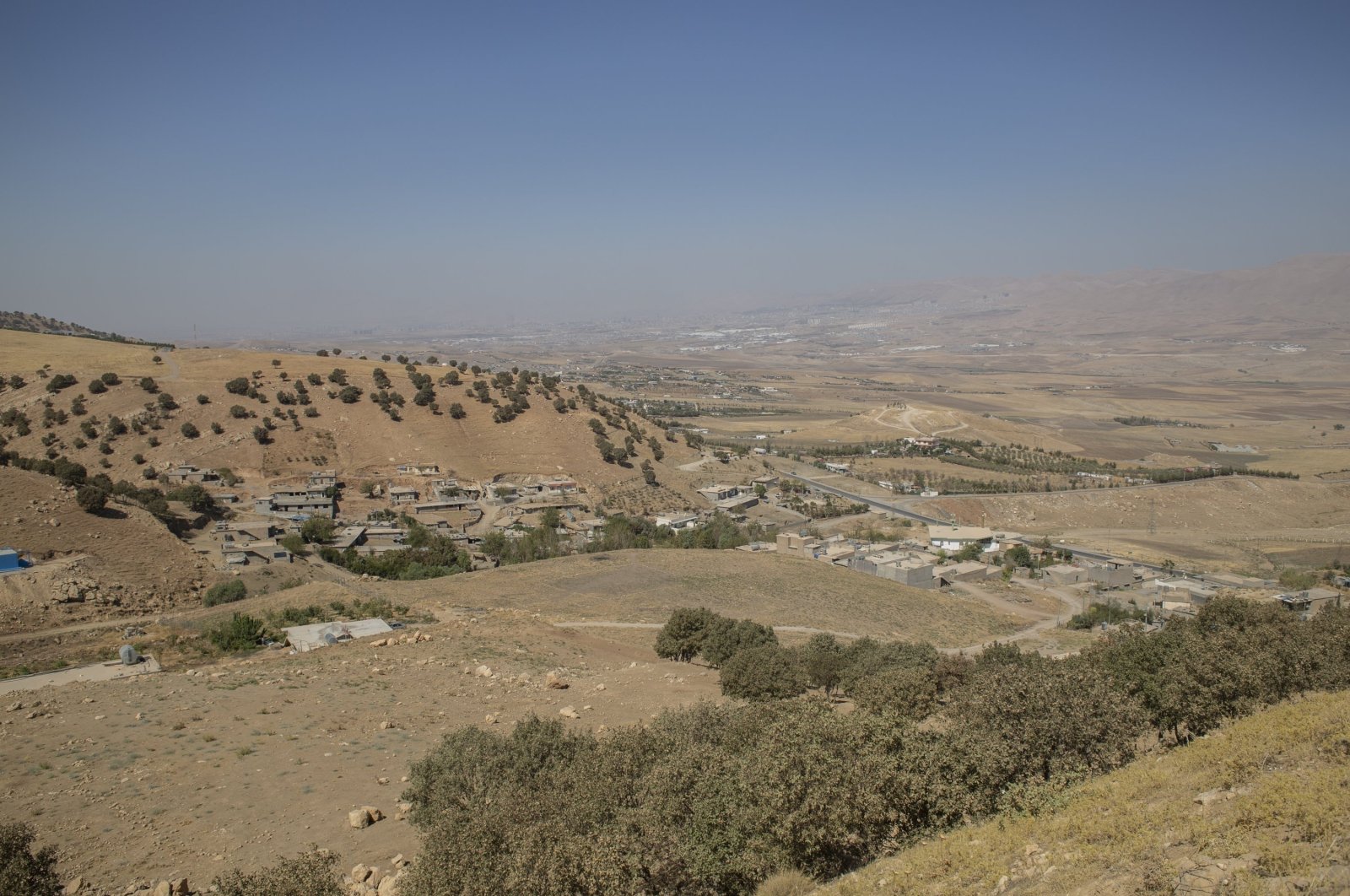
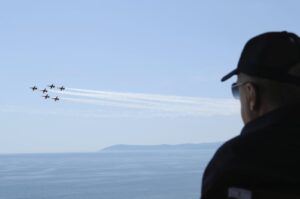
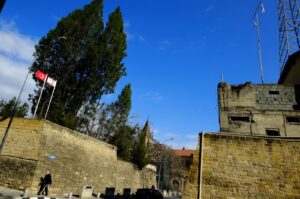
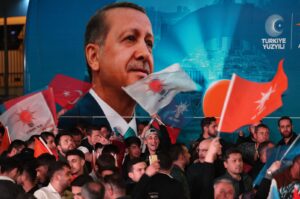
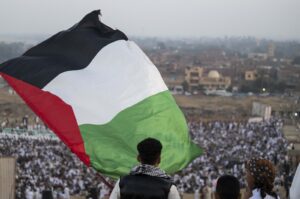
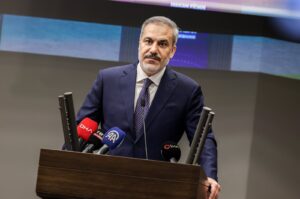

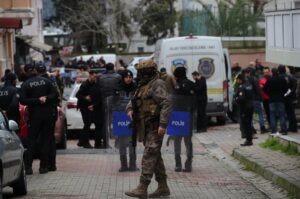
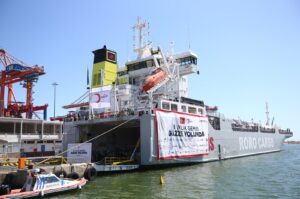
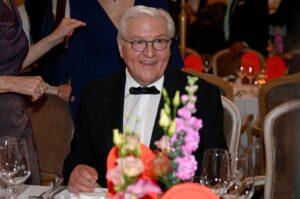
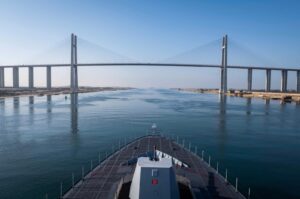
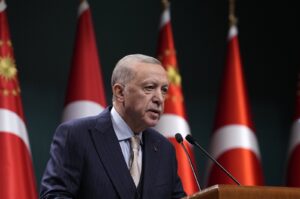
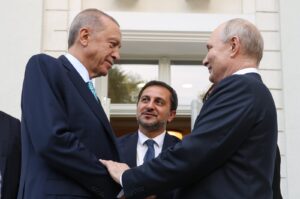
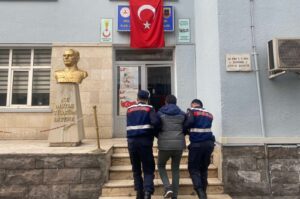
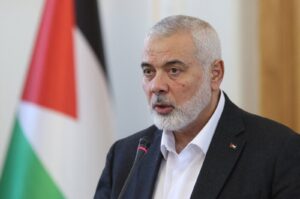
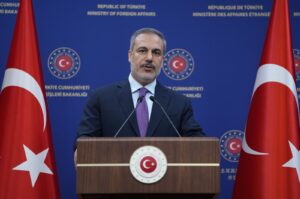

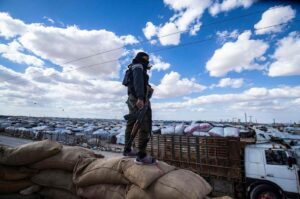
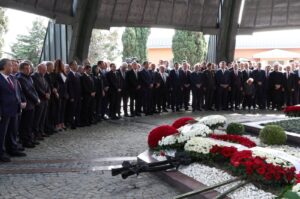
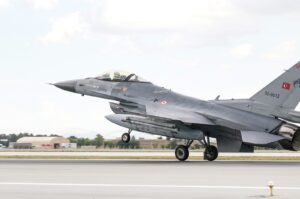
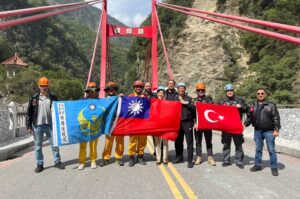
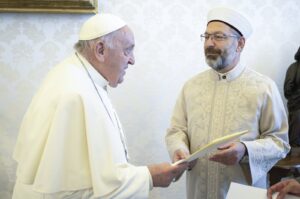
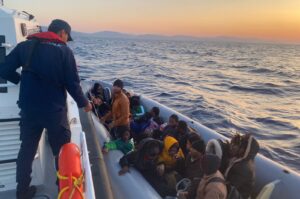
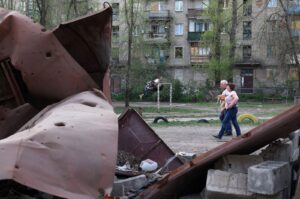
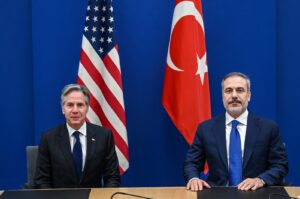
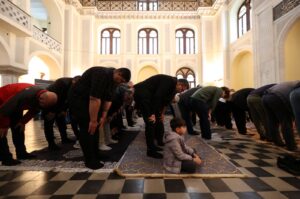
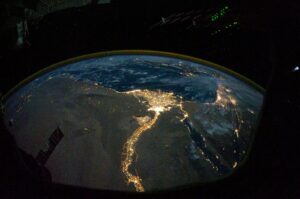


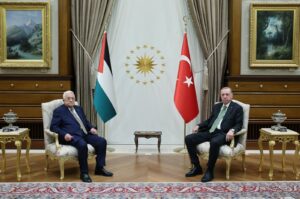
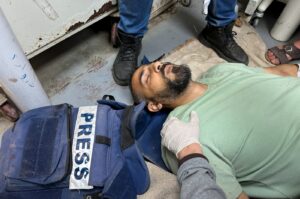
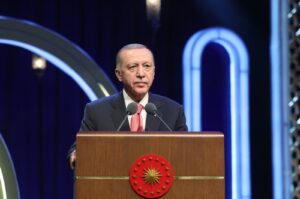

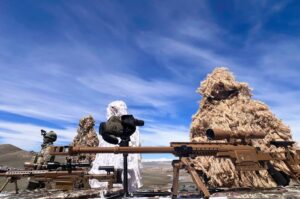
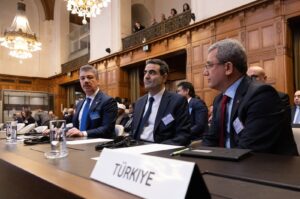
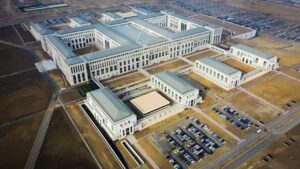
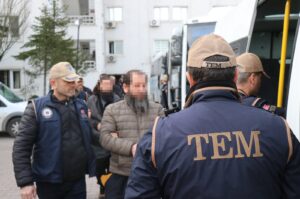
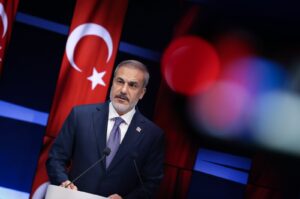
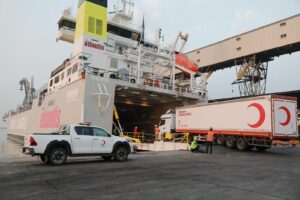
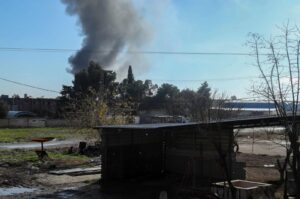

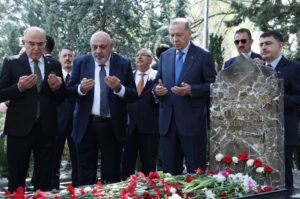
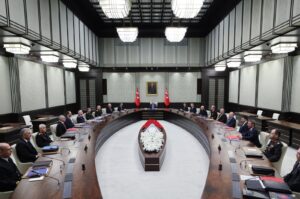
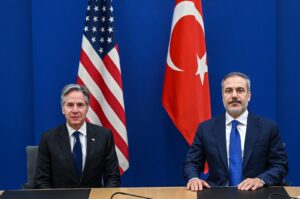
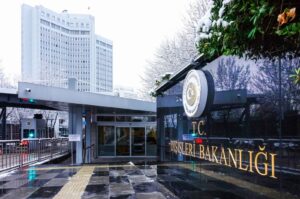
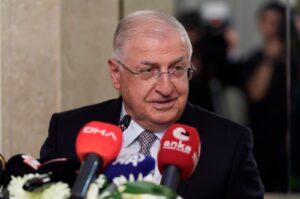

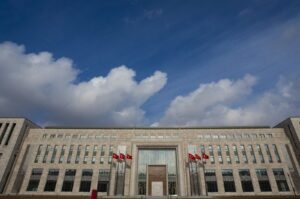
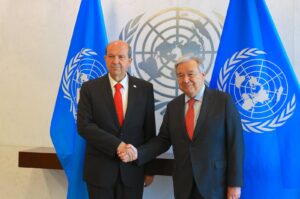
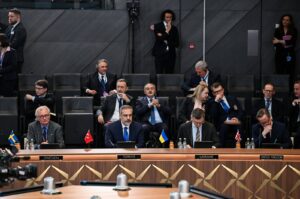
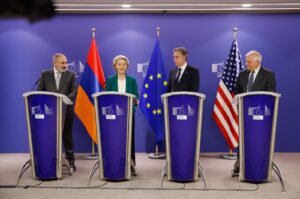
Be First to Comment